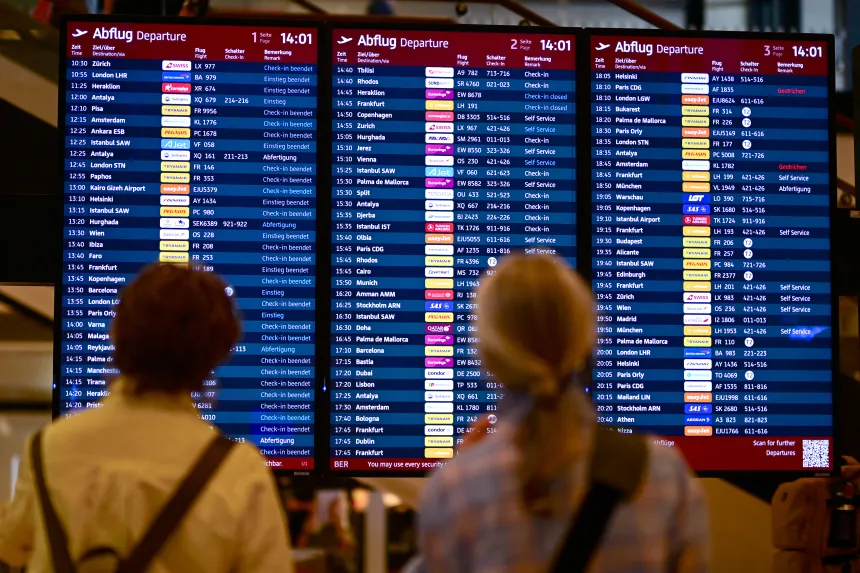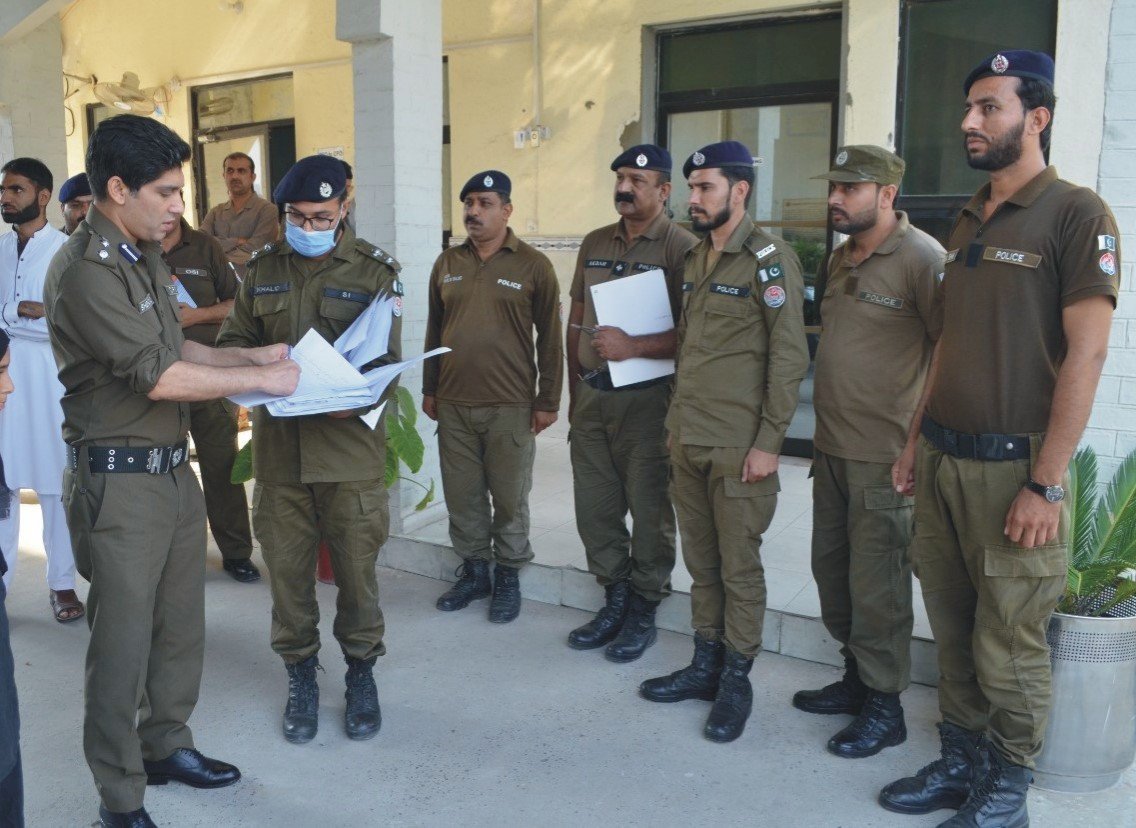A cyberattack against a provider of airline check-in and boarding systems disrupted operations at several major European airports on Saturday, including London Heathrow, Berlin, Brussels, and later Dublin and Cork—triggering long lines, delays, and some cancellations. Officials said the issue centered on MUSE software supplied by Collins Aerospace, with parent company RTX acknowledging a “cyber-related disruption” and airports shifting to manual workarounds to keep passengers moving.
👍 Follow Republic Policy on YouTube
While investigations continue, authorities indicated there was no immediate evidence of a widespread or severe campaign, though the incident underscores how quickly a single software dependency can ripple across an interconnected aviation ecosystem. Cyber experts warned that ransomware and targeted sabotage remain credible possibilities, and recent attacks in other sectors—from luxury autos to retail—show the threat landscape is broad and persistent.
👍 Follow Republic Policy on Facebook
Operationally, airports reported extended waits at check-in and bag drop, scattered cancellations and diversions, and advisories urging travelers to confirm flight status before leaving for the airport. Some hubs asked airlines to proactively trim Sunday schedules to avoid last-minute scrambles, signaling knock-on disruption into the weekend even as teams worked to restore normal service.
👍 Follow Republic Policy on Twitter
Airlines responded unevenly depending on their tooling and contingency plans: some carriers expected minimal impact thanks to workarounds, while others cited minor departure delays. Passengers experienced the familiar uncertainty of large-scale IT outages—limited information early on, shifting estimates, and gate-level adjustments as manual processes took over.
👍 Follow Republic Policy on Instagram
The broader lesson is resilience: aviation relies on a dense web of third-party systems, and continuity depends on segmentation, tested failovers, offline modes, and clear communication with travelers. As investigators trace the root cause, the incident will likely spur fresh audits of vendor risk, backup procedures, and incident-response playbooks across airports and airlines alike.
👍 Follow Republic Policy on LinkedIn















